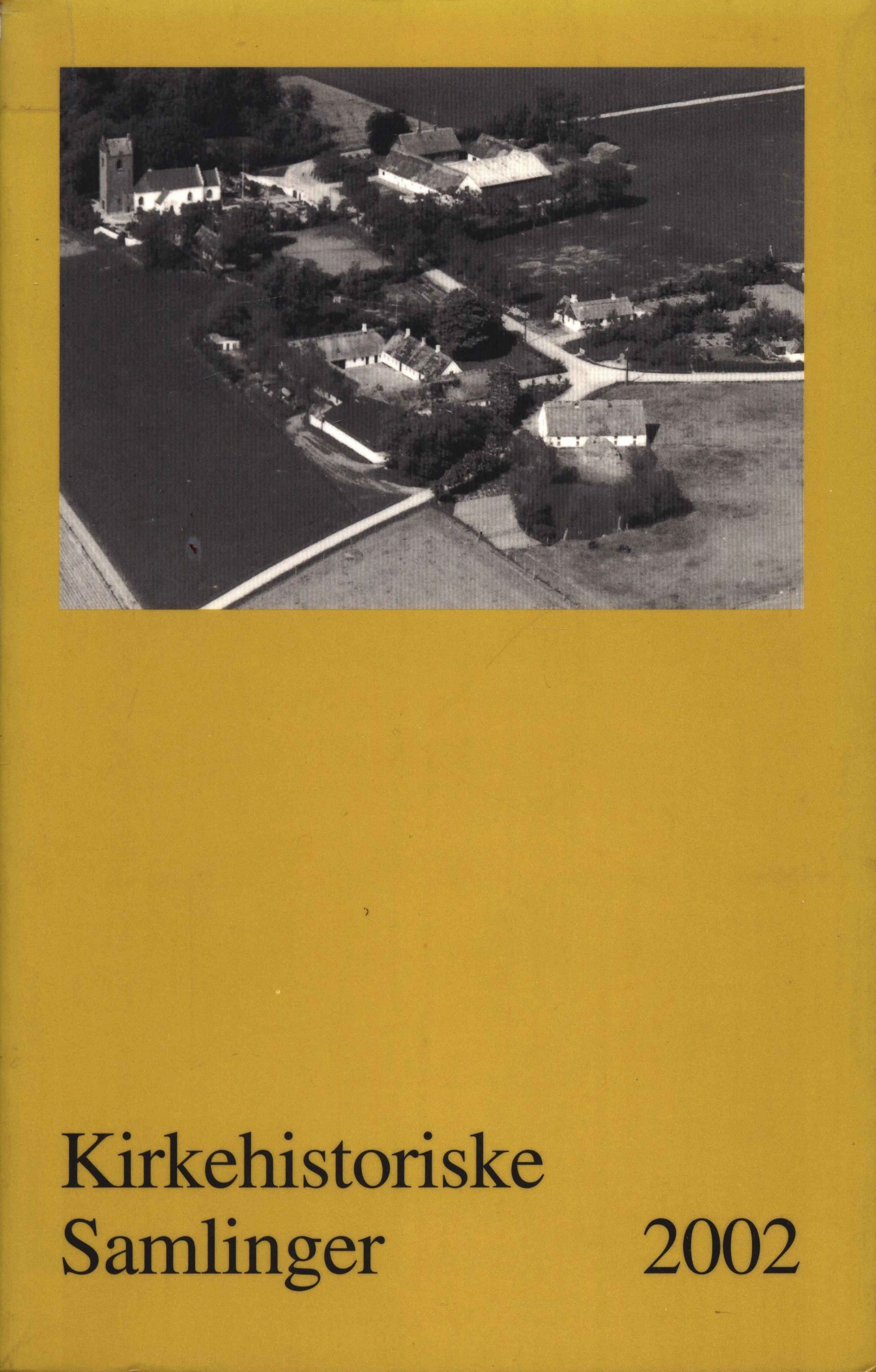Publiceret 15.12.2002
Citation/Eksport
Copyright (c) 2024 Tidsskriftet Kirkehistoriske Samlinger

Dette værk er under følgende licens Creative Commons Navngivelse – Ingen bearbejdelser (by-nd).
Resumé
During the 1880s and 1890s there was a bitter conflict between the Danish government, appointed by King Christian IX and led by J.B.S. Estrup, and the Lower House of the Parliament, the Folketing. Estrup was supported by the Upper House, the Landsting, which was elected by limited franchise, while the Folketing was elected by universal suffrage and dominated by the Liberals. They claimed Cabinet responsibility, which Estrup would never put up with. Because of this conflict no constructive legislation could be carried through, and so the special church constitution which had been promised in the National Constitution of 1849 could not be realized. Conservative churchmen were quite satisfied by that, because under such circumstances the political struggle could not enter the Church. But during the 1890s a group of Liberals began to cooperate with the government in order to make legislative work possible again, and prospects of church legislation appeared. This worried the leading churchmen, as they thought the Church would always have to pay the piper when reforms were made. As interest in church legislation was increasing, airy plans of a complete constitution were ventilated. But thanks to the Bishop of Sealand Skat Rørdam the only result was experiments with voluntary parish councils initially elected by the parish pastors. No politics and no strife would then enter the Church, and only active Christians would be involved. Later this system could be extended into a real constitution, and joint responsibility for parish church life could ensure the spiritual character of such a structure. Different institutions worked for this, among others the Clerical Convention of Copenhagen, the Council of Bishops, and a »Congregational Convention«, where different church parties tried to work together and to prepare themselves to be members of a synod. But not much was achieved, and the plans were overturned. In 1901 there was a change of the political system. The king elected a government responsible to the Folketing, and the actual leader of the opposition J.C. Christensen, a country teacher and a parish clerk, became Minister of Ecclesiastical Affairs. He wanted parish councils elected by all adult members of the National Church and being responsible for parish affairs, among other things for electing the pastors. Besides, there were plans of allowing dissidents to be served by other clergymen in their own parish church. Conservative churchmen who had worked for voluntary parish councils thought that the councils now proposed would be non-ecclestiastical, and so they sought by all means to stop the bill - which actually happened when it was rejected by the Landsting. In order to have it passed in a revised shape, J.C. Christensen had to appoint a church committee, where clergymen and laymen could work out recommendations for a church constitution. Still he had a clause inserted, by which the Minister could consult the parish council when a living became vacant. As he really intended to use this clause, the result was that in 1903 the parish members actually got the opportunity to elect their own pastors. As this was the main point, the future existence of the councils was secured, and for the first time universal suffrage concerning the affairs of the local parishes had been introduced.The formation of an ecclesiastical constitution had begun - in the parishes where people lived.

